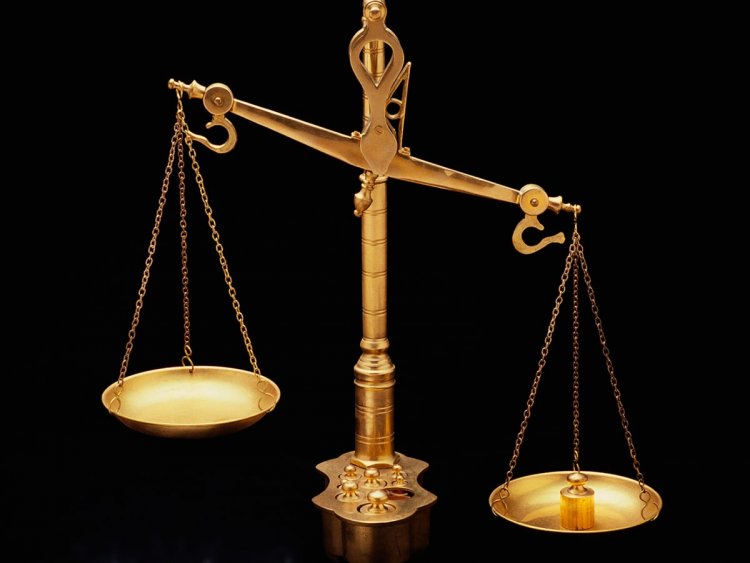An Apolitical Military: Checks and Balances
STORIES, ANALYSES, EXPERT VIEWS

India’s military is apolitical. Yet, writes Lt Gen Prakash Menon (retd) (Director, Strategic Studies Programme, Takshashila Institution, Bengaluru, and former Military Adviser, National Security Council Secretariat) it is proper to examine ways to arrest any fraying.
India’s armed forces owe their loyalty to the Constitution of India that is symbolised in the President, who is the Commander-in-Chief. “The main threat to democracy is the military usurping the presidential powers and becoming the political custodian of a republic. This possibility can never be fully discounted and therefore the apolitical nature is an institutional value that is carefully nurtured by the armed forces. Ultimately, it is a value best preserved by the personal example of its Chiefs.”
Structurally, writes Menon “with Theatre/Joint Commands, the probability of the military taking over is considerably weakened. Currently, the Chief of Army Staff (COAS) has directly under his command over 14 lakh personnel…..With implementation of politically mandated reforms, the control of military power that is now concentrated will be distributed over multiple theatre-based power centres.
Civilian, military unholy alliance: “The other type of threat to an apolitical military could have a civilian source…..It can lead to a marriage of convenience between the narrow self-interests of partisan politics and the military. If the marriage of convenience is blessed by the constitutional custodian, the threat assumes its most toxic form. It is also no secret that several key institutions that are expected to provide checks and balances for the government who are acting as trustees, have been politicised for long. Such an amalgamation can be lethal to democracy…….”
Until recently, emphasise the firm General “one of the safeguards of protecting the apolitical orientation of the armed forces was through a political tradition of minimum interference by politicians in the selection of military leaders to the higher field ranks. The system was always tailored for the political leadership to exercise their choice from a panel based on eligibility and seniority. In practice, there were occasions when the political leadership exerted themselves and seniority was bypassed. But it was rare. In the period between 2014 and 2020, supersession for appointment of CNS, COAS and CAS has transpired, which perhaps indicates a shift in the norm. This could result in military leaders, especially those in the run for appointment as Chiefs, attempting to seek political patronage.”
The “contemporary common practice of serving senior military leaders regularly thanking the Prime Minister in public statements is ethically questionable and carries the odour of pliancy.”
Possibility of the ruling party and military cosying up: Hopefully, argues Menon “with the creation of the CDS and the Department of Military Affairs (DMA), military effectiveness should improve…….The reduced distance between the military and the government due to the creation of the DMA, ushers in a possibility of the ruling party and military cosying up. This is best dealt with if the narrow self-interests of the military leadership and political parties are never allowed to conflate. Both sides have to be responsible for its prevention. The military being an instrument of the political leader in power is meant to be utilised for protecting national interests. The political interpretation of national interest could be a victim to narrow political outlooks. The challenge for the military leadership will always be to fathom political motives and, despite conflict of interest between protection of the apolitical value and personal ambitions, not allow the military to be utilised for narrow politically partisan acts of self-aggrandisement.”
















